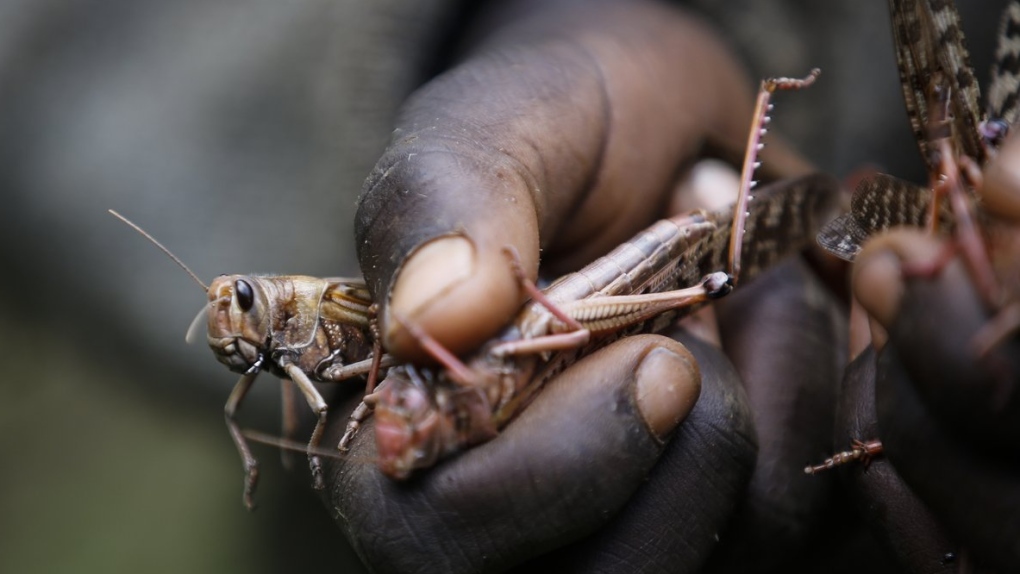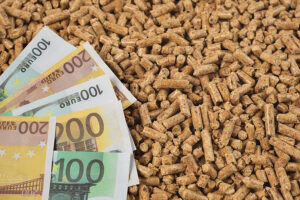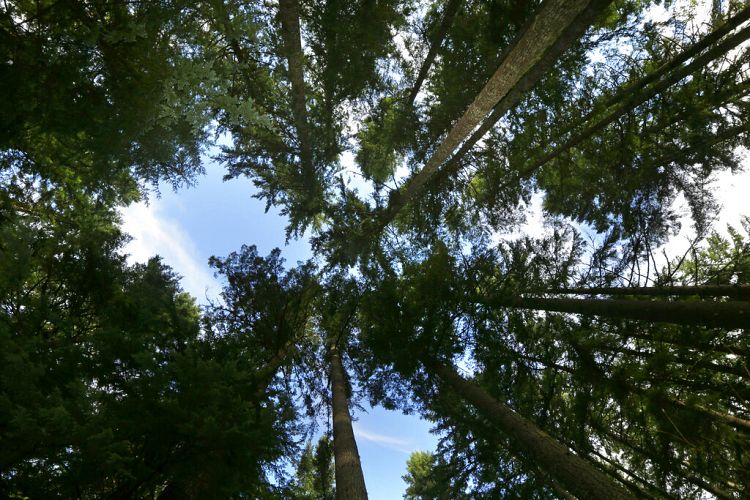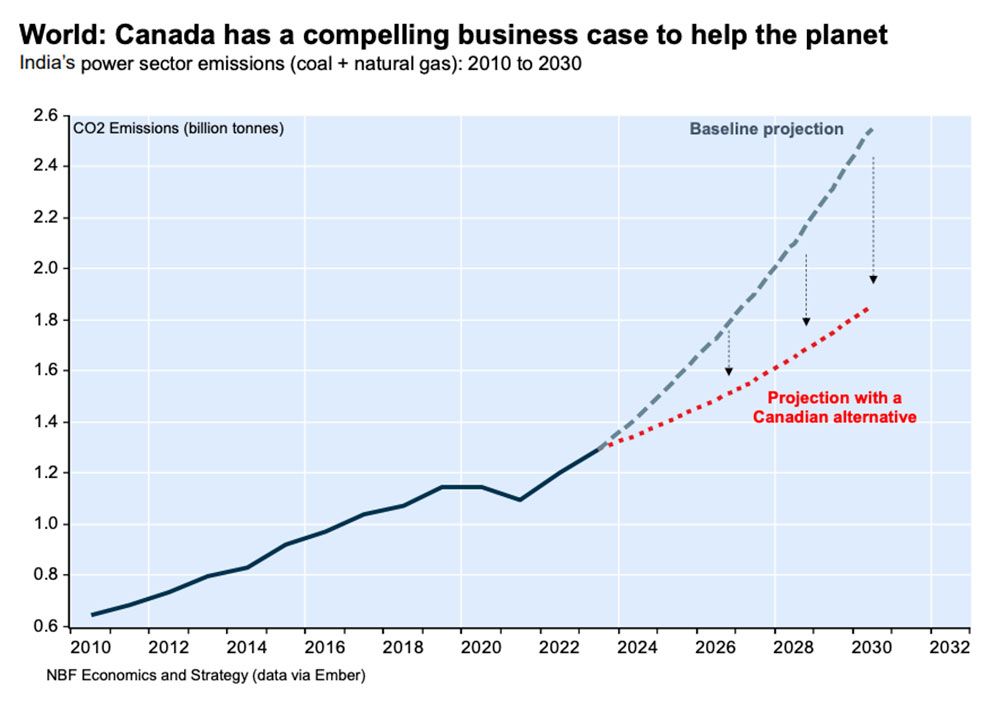 Canada’s efforts to reduce greenhouse gas emissions have been laudable, but there is a way we could do so much more, says a report from National Bank of Canada. So far efforts have been largely focused within our boundaries, but considering that Canada is responsible for less than 1.5% of global emissions, these efforts could be for naught because other countries are increasing emissions by a far greater magnitude. …Canada once said that there was no business case for meaningful increases in LNG exports to support Germany and Japan, but National analysts hope India could be a different story. India recently announced plans to double its coal production by 2030, which National estimates would increase its power sector emissions from coal to roughly the equivalent of Canada’s entire greenhouse gas emissions in 2021. National says there is a better way even if it means supplying India with a fossil fuel alternative.
Canada’s efforts to reduce greenhouse gas emissions have been laudable, but there is a way we could do so much more, says a report from National Bank of Canada. So far efforts have been largely focused within our boundaries, but considering that Canada is responsible for less than 1.5% of global emissions, these efforts could be for naught because other countries are increasing emissions by a far greater magnitude. …Canada once said that there was no business case for meaningful increases in LNG exports to support Germany and Japan, but National analysts hope India could be a different story. India recently announced plans to double its coal production by 2030, which National estimates would increase its power sector emissions from coal to roughly the equivalent of Canada’s entire greenhouse gas emissions in 2021. National says there is a better way even if it means supplying India with a fossil fuel alternative.


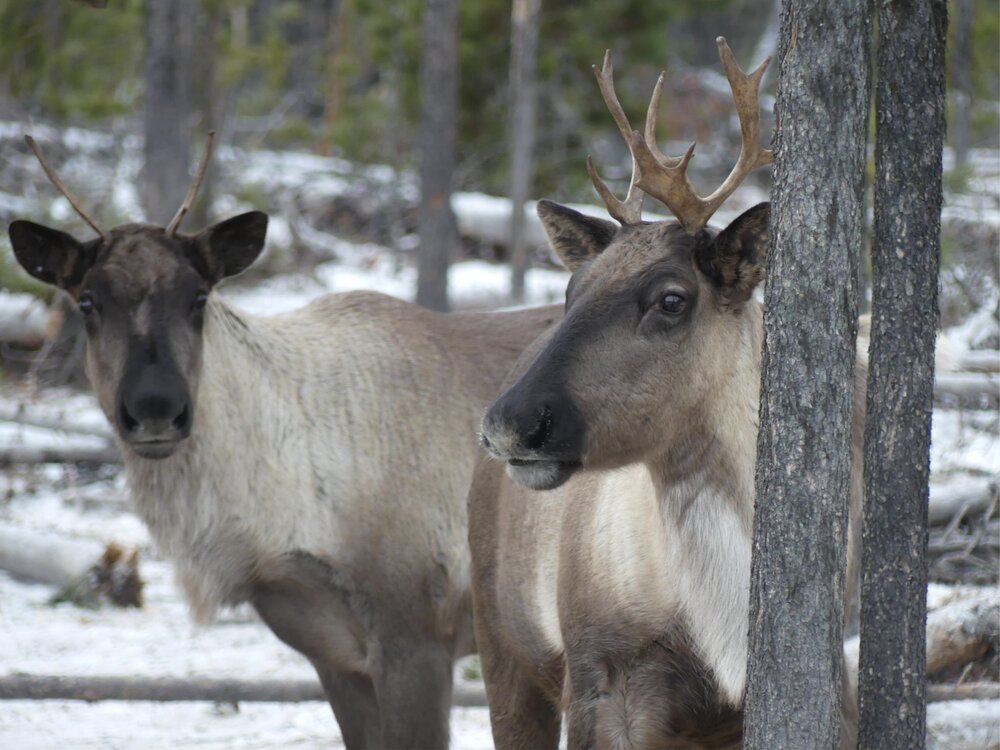
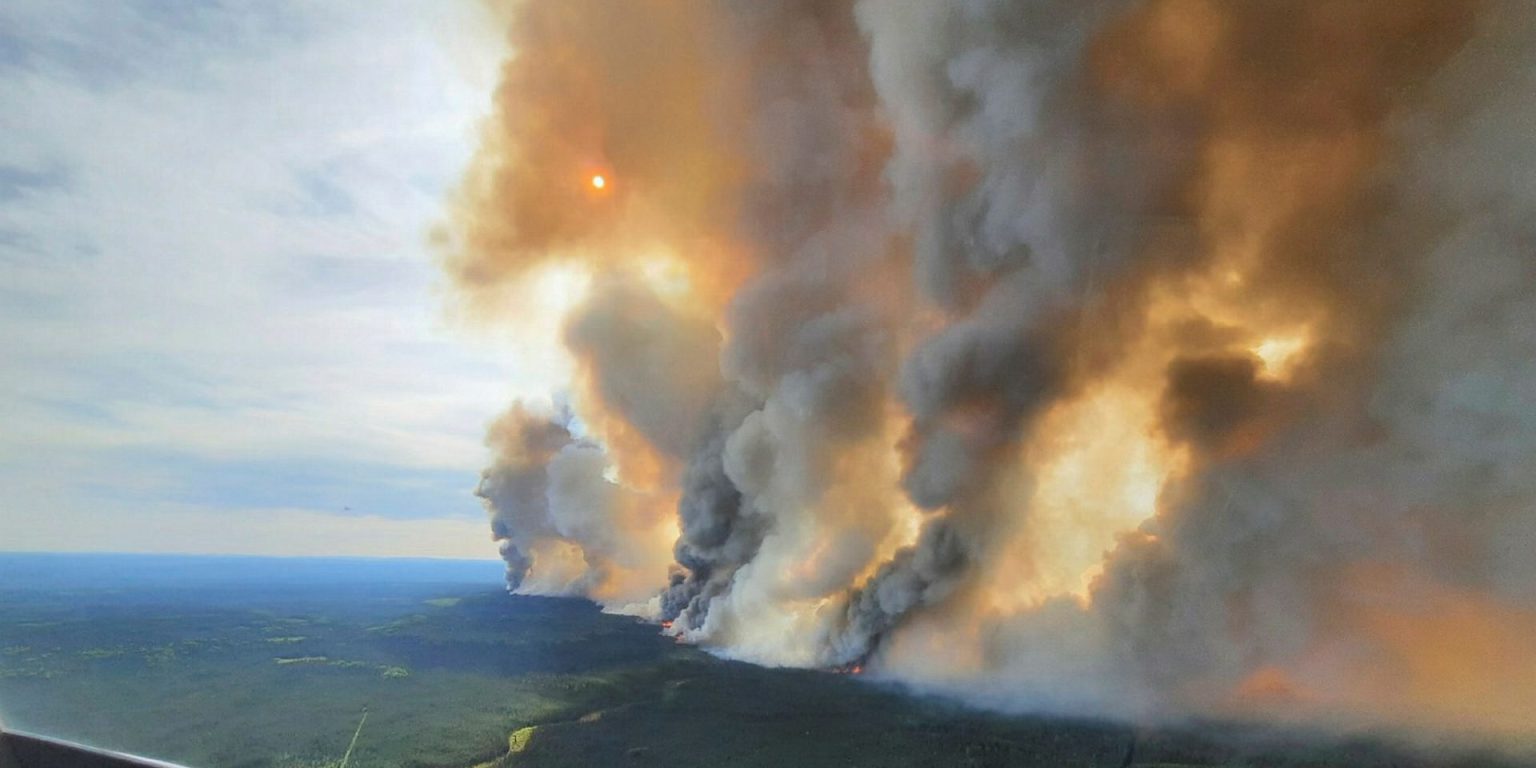

 Corporate Canada is moving a step closer to standardized sustainability reporting this week as an industry group charged with adapting international disclosure guidelines to the domestic economy finalizes its first drafts. The Canadian Sustainability Standards Board is expected to sign off on three documents that will guide climate-related disclosures. The documents will go out for a 90-day public comment period starting in March. These are international guidelines, tailored for the Canadian context, that could eventually be required by regulators such as the provincial securities commissions and the federal financial-industry watchdog, CSSB chair Charles-Antoine St-Jean said. …Financial experts, including those serving on the Sustainable Finance Action Council, have called for mandatory climate disclosure to be adopted quickly in Canada, saying it is a competitive imperative as the rest of the world proceeds with the standards. [to access the full story a Globe & Mail subscription is required]
Corporate Canada is moving a step closer to standardized sustainability reporting this week as an industry group charged with adapting international disclosure guidelines to the domestic economy finalizes its first drafts. The Canadian Sustainability Standards Board is expected to sign off on three documents that will guide climate-related disclosures. The documents will go out for a 90-day public comment period starting in March. These are international guidelines, tailored for the Canadian context, that could eventually be required by regulators such as the provincial securities commissions and the federal financial-industry watchdog, CSSB chair Charles-Antoine St-Jean said. …Financial experts, including those serving on the Sustainable Finance Action Council, have called for mandatory climate disclosure to be adopted quickly in Canada, saying it is a competitive imperative as the rest of the world proceeds with the standards. [to access the full story a Globe & Mail subscription is required]




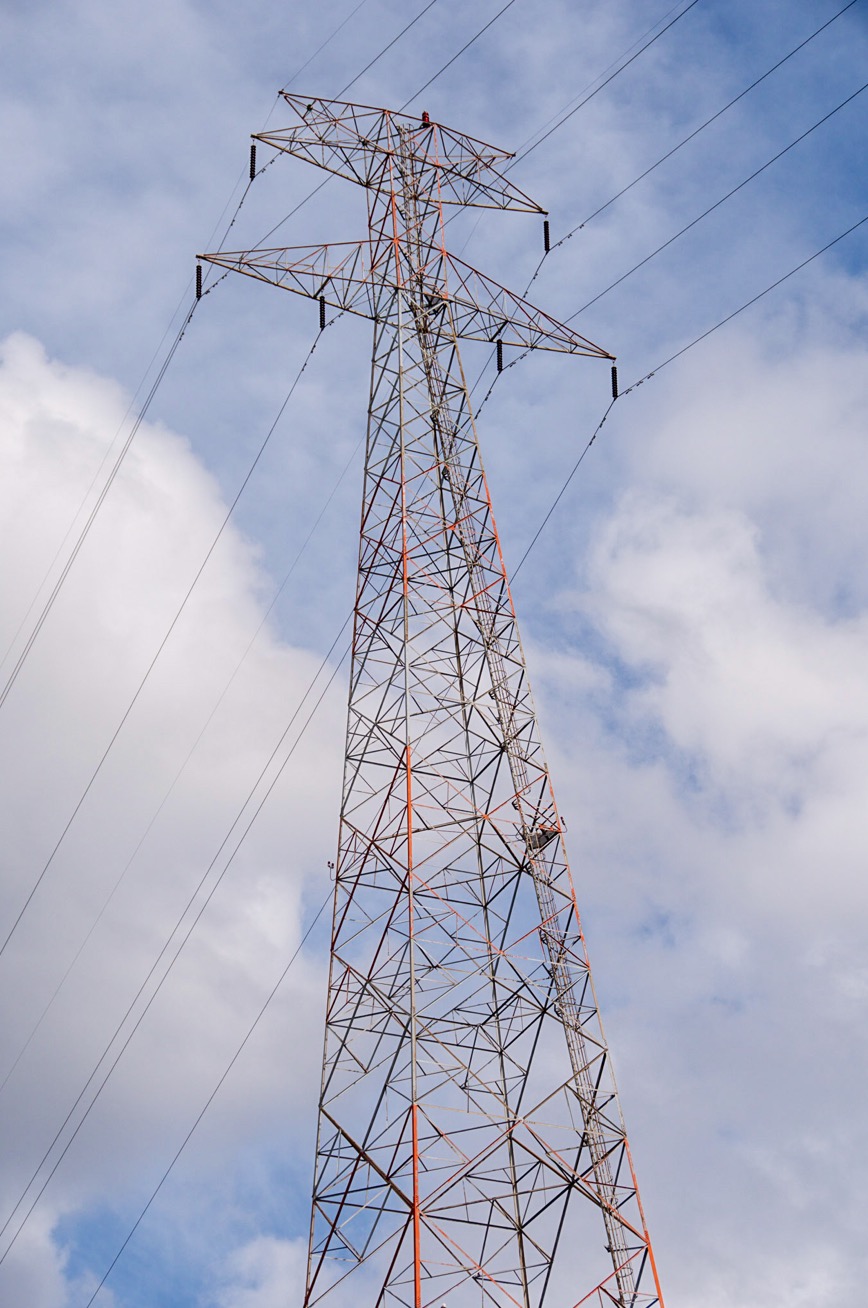

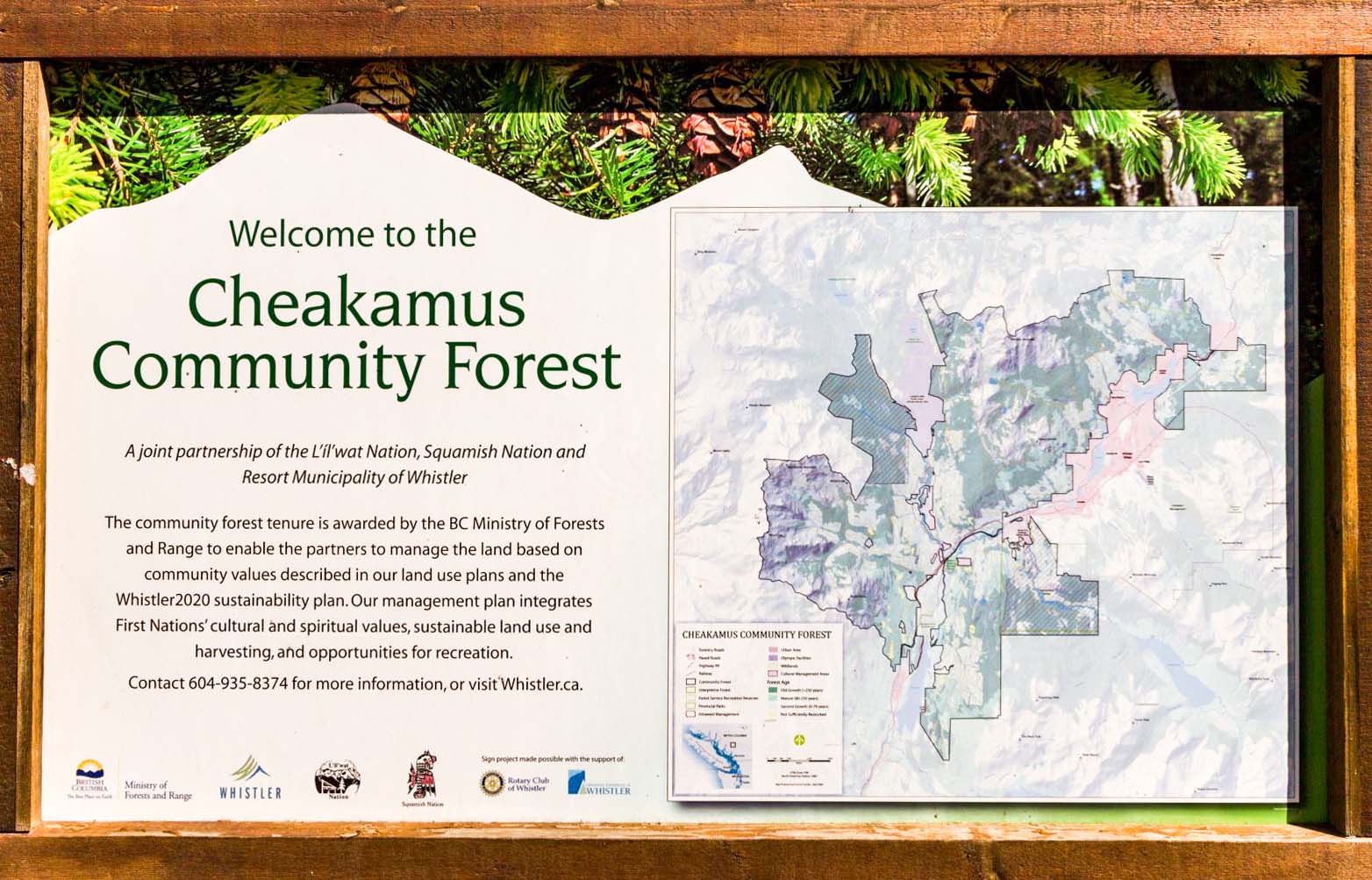 Pique’s reporting on March 31, 2023, offered a glimmer of hope that the Cheakamus Community Forest’s Carbon Credit scheme “would not be exploited by large corporations for greenwashing.” The liquefied fossil gas plant being constructed in Squamish claims to achieve “net-zero” emissions by purchasing carbon credits from the Cheakamus Community Forest. This situation uses the growth of trees in Whistler to justify a fossil-fuel megaproject, with the Resort Municipality of Whistler (RMOW) directly supporting fracking and fossil-gas expansion. This stance is in stark contrast to the values of a community known for its natural beauty and commitment to conservation. …I urge the RMOW and the Cheakamus Community Forest to halt the sale of carbon credits to fossil gas projects and to publicly denounce a project that contradicts the environmental principles they profess to uphold.
Pique’s reporting on March 31, 2023, offered a glimmer of hope that the Cheakamus Community Forest’s Carbon Credit scheme “would not be exploited by large corporations for greenwashing.” The liquefied fossil gas plant being constructed in Squamish claims to achieve “net-zero” emissions by purchasing carbon credits from the Cheakamus Community Forest. This situation uses the growth of trees in Whistler to justify a fossil-fuel megaproject, with the Resort Municipality of Whistler (RMOW) directly supporting fracking and fossil-gas expansion. This stance is in stark contrast to the values of a community known for its natural beauty and commitment to conservation. …I urge the RMOW and the Cheakamus Community Forest to halt the sale of carbon credits to fossil gas projects and to publicly denounce a project that contradicts the environmental principles they profess to uphold.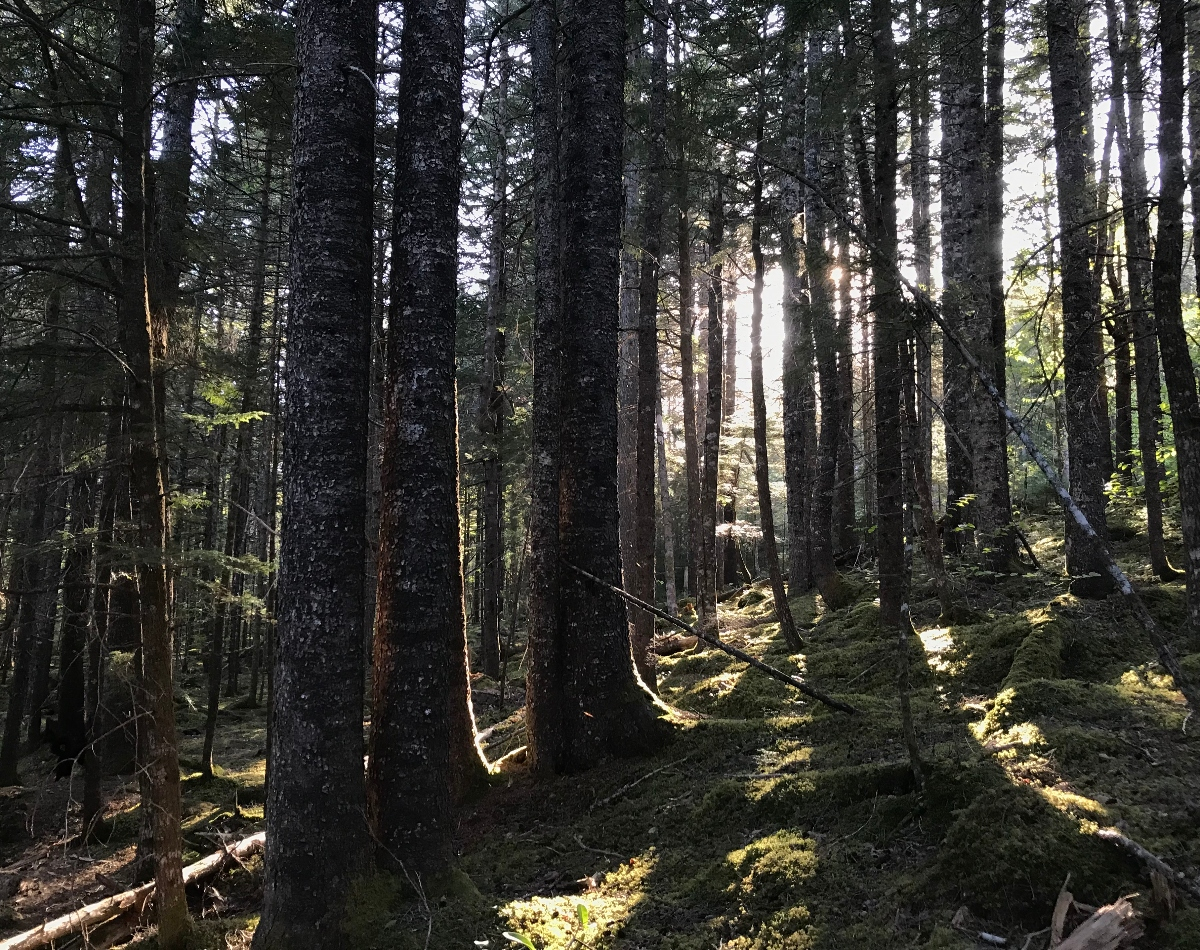

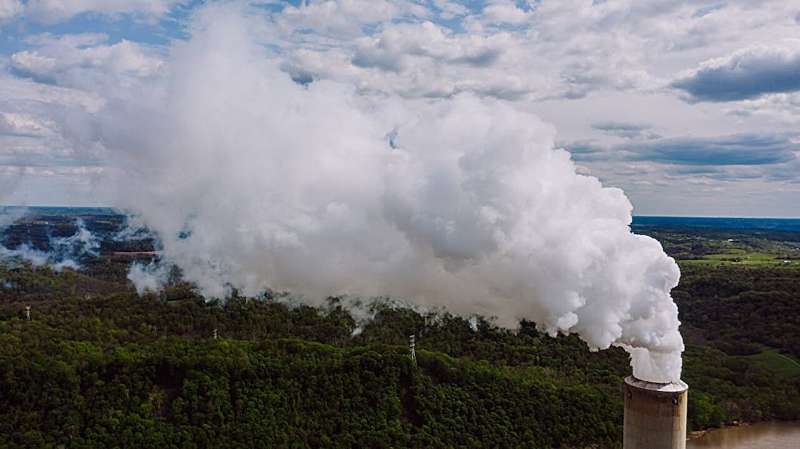

 Legislation currently pending in Washington state aims to require airport operators to make a minimum 10% blend of sustainable aviation fuel (SAF) available to private jets owned by individuals or businesses once certain conditions are met. The bill, SB 6114, was introduced by Washington Sen. Marko Liias on Jan. 10 and cleared the Senate Transportation Committee on Feb. 5. According to the bill text, the requirement would kick in within 24 months of the Washington Department of Ecology verifying cumulative SAF production capacity of 20 MMgy. The bill also requires the department to complete a feasibility study for enforcing and carrying out the bill’s requirements by Nov. 1, 2027. Rules for the program would have to be adopted within 12 months of the completion of that feasibility study.
Legislation currently pending in Washington state aims to require airport operators to make a minimum 10% blend of sustainable aviation fuel (SAF) available to private jets owned by individuals or businesses once certain conditions are met. The bill, SB 6114, was introduced by Washington Sen. Marko Liias on Jan. 10 and cleared the Senate Transportation Committee on Feb. 5. According to the bill text, the requirement would kick in within 24 months of the Washington Department of Ecology verifying cumulative SAF production capacity of 20 MMgy. The bill also requires the department to complete a feasibility study for enforcing and carrying out the bill’s requirements by Nov. 1, 2027. Rules for the program would have to be adopted within 12 months of the completion of that feasibility study. 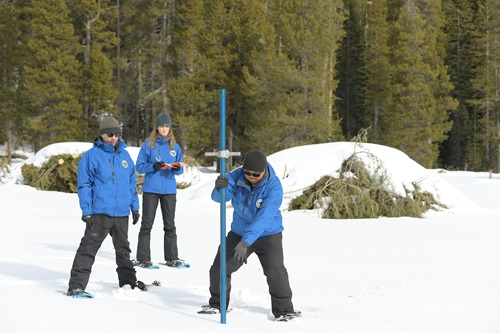
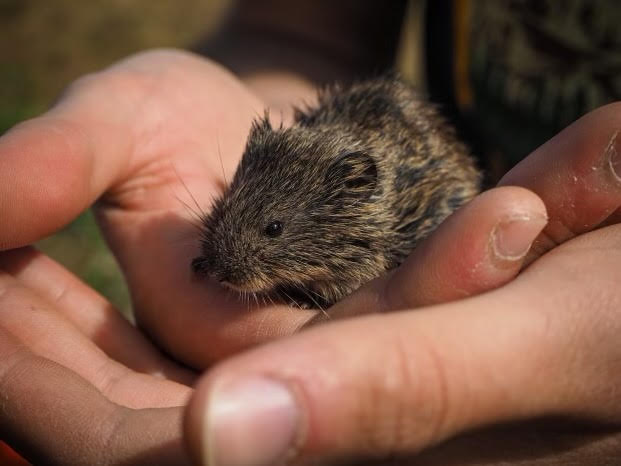
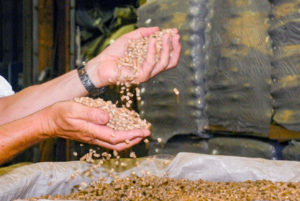 As the New Hampshire Department of Environmental Services creates the newest iteration of the state’s Priority Climate Action Plan (PCAP), it must acknowledge and include the key role that New Hampshire forests and forest products play in reducing carbon emissions. Forest-based strategies are notably absent from the draft Priority Measures. The 2009 PCAP rightly recognized forestry and wood heat as strategies to combat climate change in ways that also deliver important benefits for the New Hampshire economy and rural communities. It will be a huge oversight if the updated version fails to do the same. A critical tool that is already substantially mitigating the state’s emissions is literally all around us. …One of those strategies is modern wood heat. …Another forest strategy for carbon reduction is substituting mass timber for steel and concrete in our built environment, which generates three significant climate benefits.
As the New Hampshire Department of Environmental Services creates the newest iteration of the state’s Priority Climate Action Plan (PCAP), it must acknowledge and include the key role that New Hampshire forests and forest products play in reducing carbon emissions. Forest-based strategies are notably absent from the draft Priority Measures. The 2009 PCAP rightly recognized forestry and wood heat as strategies to combat climate change in ways that also deliver important benefits for the New Hampshire economy and rural communities. It will be a huge oversight if the updated version fails to do the same. A critical tool that is already substantially mitigating the state’s emissions is literally all around us. …One of those strategies is modern wood heat. …Another forest strategy for carbon reduction is substituting mass timber for steel and concrete in our built environment, which generates three significant climate benefits.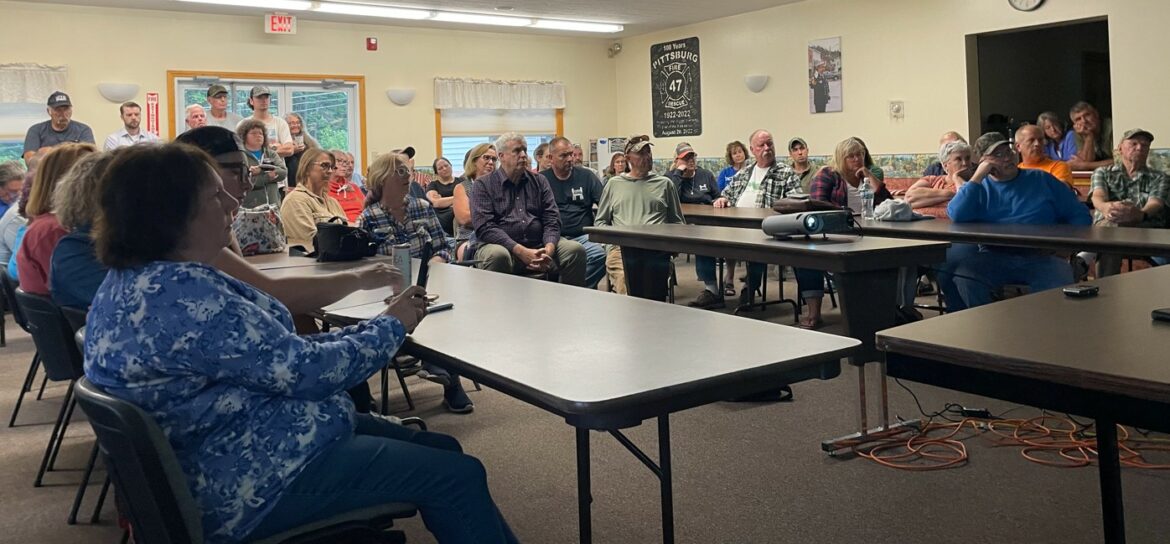
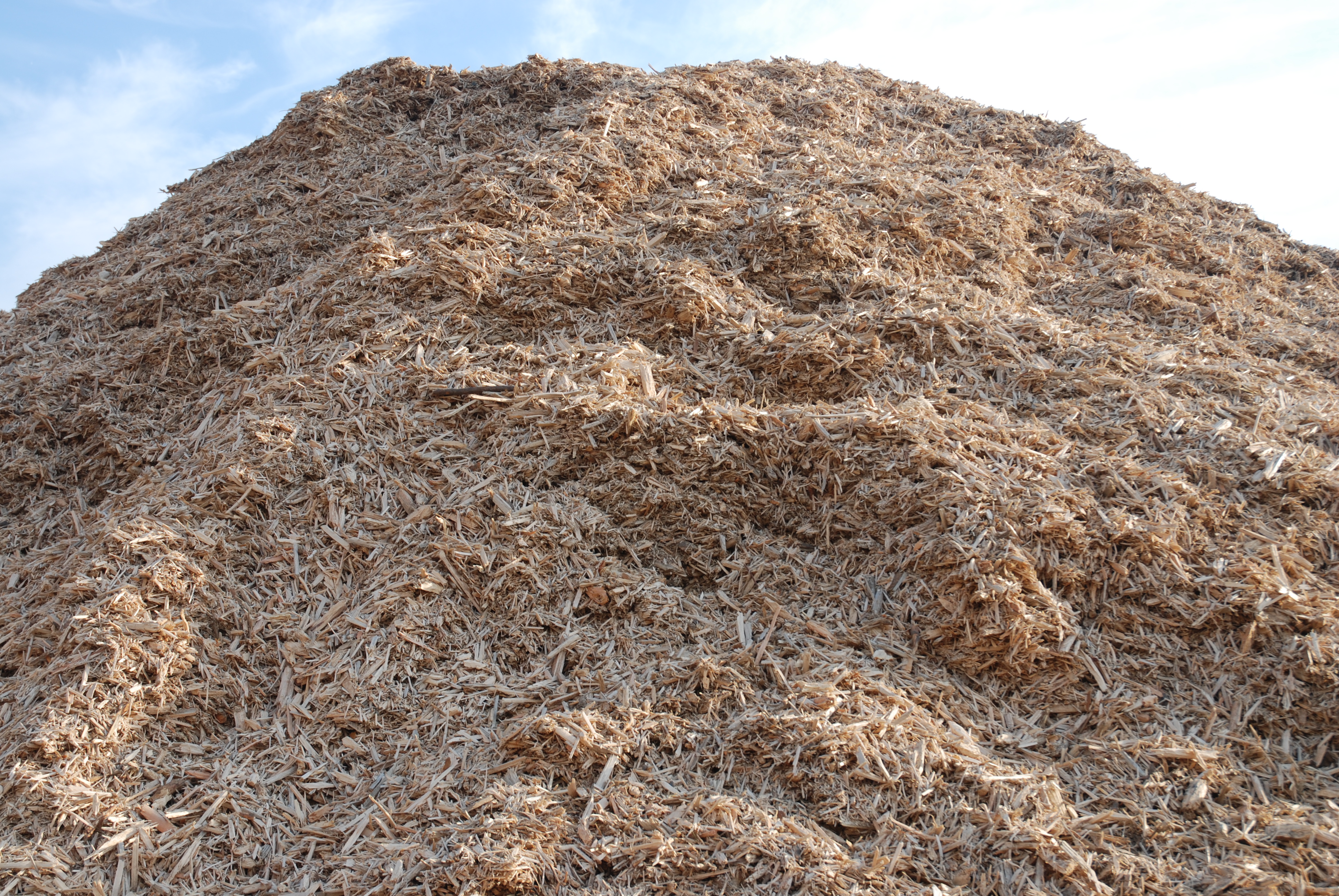 Two of the five remaining wood-fired biomass energy plants in the Lower Peninsula may close in the coming months, raising questions about the energy source’s future as it attempts to compete with cheaper wind, solar and natural gas. The two plant owners and their primary customer, Consumers Energy, say the planned closures in Cadillac and the northeastern Lower Peninsula are a financial decision that will save ratepayers tens of millions of dollars. For its part, Consumers wants to replace the biomass contracts with solar. However, biomass supporters say a lack of policy support risks losing a useful baseload power source that acts as a hedge against intermittent renewables. The timber industry says shuttering biomass plants also jeopardizes forest management, increases the risk of wildfires and complicates habitat creation for the Kirtland’s warbler, which in 2019 was delisted after about 50 years as an endangered species.
Two of the five remaining wood-fired biomass energy plants in the Lower Peninsula may close in the coming months, raising questions about the energy source’s future as it attempts to compete with cheaper wind, solar and natural gas. The two plant owners and their primary customer, Consumers Energy, say the planned closures in Cadillac and the northeastern Lower Peninsula are a financial decision that will save ratepayers tens of millions of dollars. For its part, Consumers wants to replace the biomass contracts with solar. However, biomass supporters say a lack of policy support risks losing a useful baseload power source that acts as a hedge against intermittent renewables. The timber industry says shuttering biomass plants also jeopardizes forest management, increases the risk of wildfires and complicates habitat creation for the Kirtland’s warbler, which in 2019 was delisted after about 50 years as an endangered species.

 Council and European Parliament negotiators reached a provisional political agreement today on a regulation to establish the first EU-level certification framework for for permanent carbon removals, carbon farming and carbon storage in products . The voluntary framework is intended to facilitate and speed up the deployment of high-quality carbon removal and soil emission reduction activities in the EU. Once entered into force, the regulation will be the first step towards… the EU’s ambitious goal of reaching climate neutrality by 2050. The deal reached today is provisional, pending formal adoption by both institutions. The regulation will cover carbon removal including temporary carbon storage in long-lasting products (such as wood-based construction products) of a duration of at least 35 years and that can be monitored on-site during the entire monitoring period.
Council and European Parliament negotiators reached a provisional political agreement today on a regulation to establish the first EU-level certification framework for for permanent carbon removals, carbon farming and carbon storage in products . The voluntary framework is intended to facilitate and speed up the deployment of high-quality carbon removal and soil emission reduction activities in the EU. Once entered into force, the regulation will be the first step towards… the EU’s ambitious goal of reaching climate neutrality by 2050. The deal reached today is provisional, pending formal adoption by both institutions. The regulation will cover carbon removal including temporary carbon storage in long-lasting products (such as wood-based construction products) of a duration of at least 35 years and that can be monitored on-site during the entire monitoring period.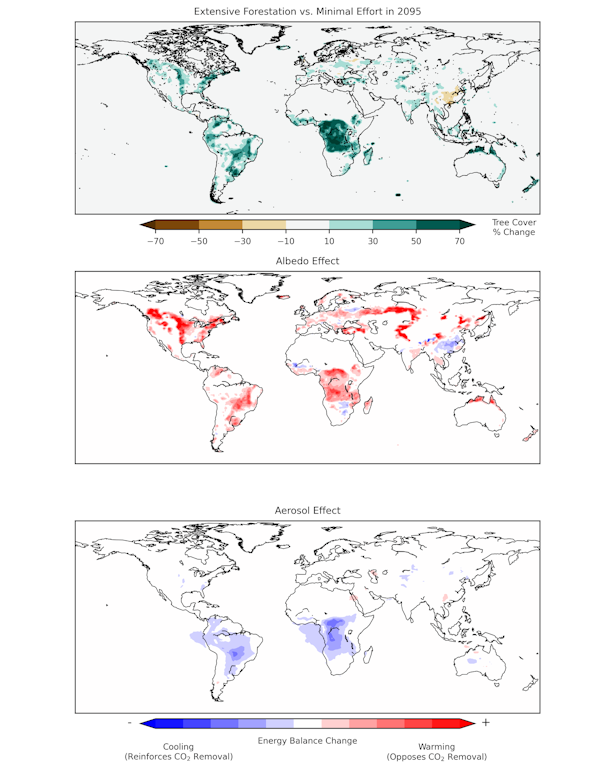

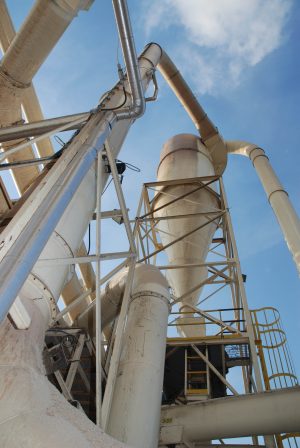 Germany wants to curb the use of unsustainable crops for biomass and force producers to better utilize animal dung and organic waste, a move which has prompted warnings from the industry. While only about a third of animal manure is currently utilized for biogas production, the government wants two thirds to be used by 2030, a draft strategy paper says. It also wants organic waste and cover crops to play a greater role in bioenergy, while plant operators typically prefer to use energy crops such as corn or wood to produce heat, power or biofuels. Biomass, which is the main renewable energy source in both Germany and the European Union, has been considered a controversial alternative to conventional fossil fuels. While proponents argue that burning trees and plants — which absorb carbon dioxide — results in lower net emissions, critics worry about deforestation, land use and biological diversity.
Germany wants to curb the use of unsustainable crops for biomass and force producers to better utilize animal dung and organic waste, a move which has prompted warnings from the industry. While only about a third of animal manure is currently utilized for biogas production, the government wants two thirds to be used by 2030, a draft strategy paper says. It also wants organic waste and cover crops to play a greater role in bioenergy, while plant operators typically prefer to use energy crops such as corn or wood to produce heat, power or biofuels. Biomass, which is the main renewable energy source in both Germany and the European Union, has been considered a controversial alternative to conventional fossil fuels. While proponents argue that burning trees and plants — which absorb carbon dioxide — results in lower net emissions, critics worry about deforestation, land use and biological diversity.